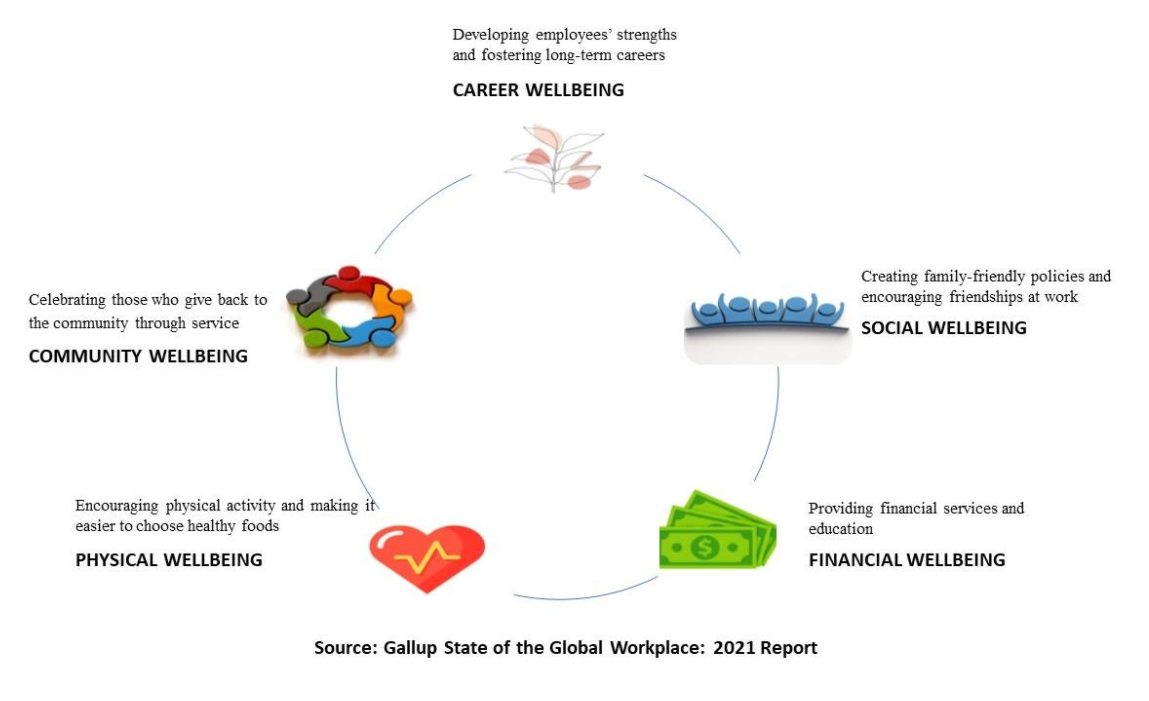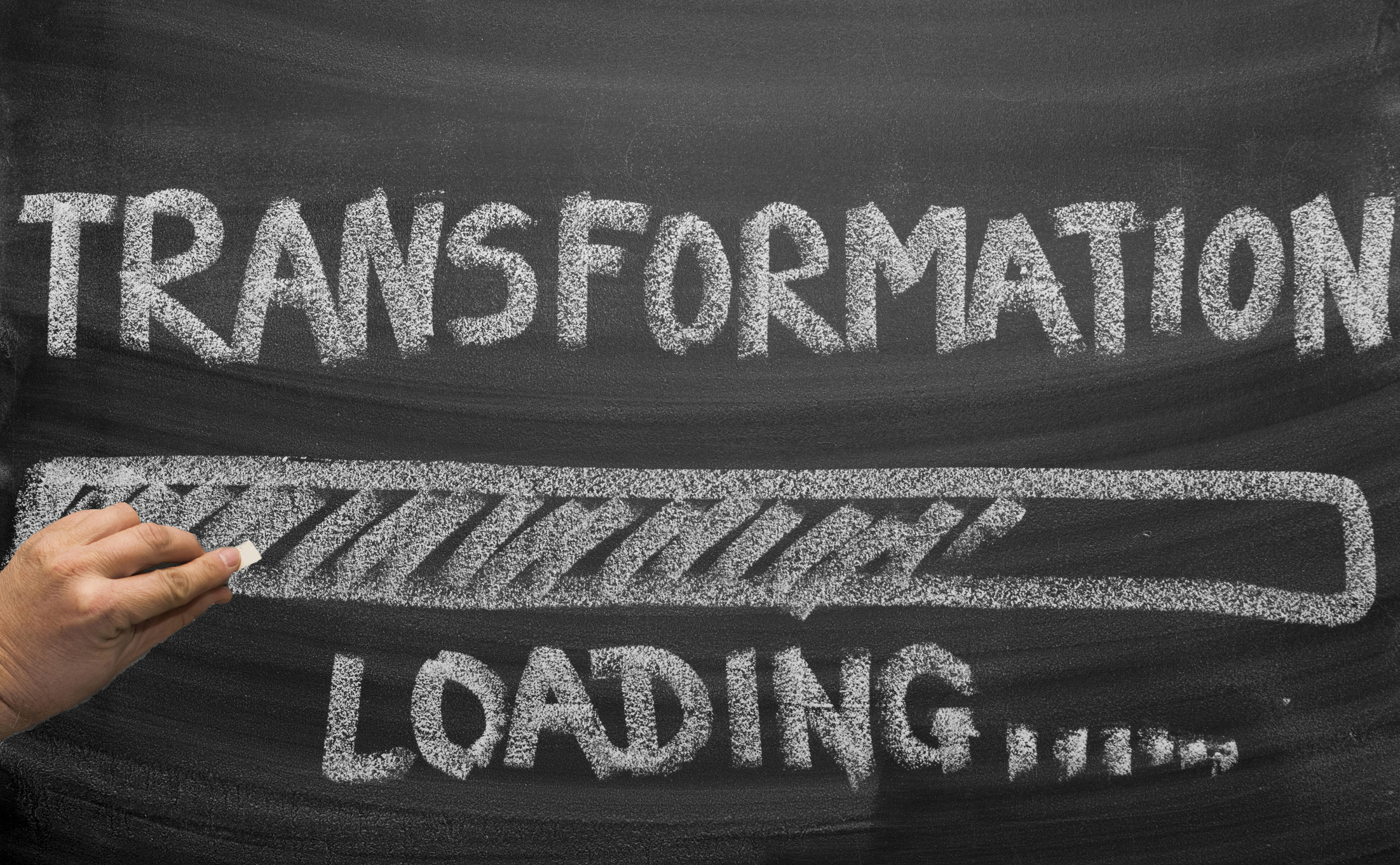“If you bring people into a system that was not created for them, what you’re really doing is asking them to assimilate and give up part of what they are.”
– Linked In: @Salma Shah PCC post quoting @Dr. Terrence E. Maltbia
When my family emigrated to the U.S., my mother encouraged me to assimilate into the culture as a means of survival and protection. As I grew up, I encountered many systems—public school, college, work, and marriage—each of which included and imposed its own set of rules.
These conventions, which regulated and enforced what was and was not deemed appropriate, are examples of closed—or cybernetic—systems. A cybernetic system is self-regulating, aligned toward achieving a common goal, and relies on feedback to retain steady state equilibrium. There is value in such a system; yet, it also has limitations, in that it functions on cause and effect and attempts to self-correct in order to deviate as little as possible from its “comfort zone.”
Achieving transformation requires individuals and organizations to transcend the “cause and effect paradigm” and invite divergent points of view into the system. What occurs when we invite those who did not create systems to assist us in transforming them? When people join together to develop a working model and devise a plan of action, they learn together when they apply the new model and collectively engage in meaning making.
In many respects, this describes the situation that has been transpiring over the 19 months since the COVID-19 pandemic began: We have invited each other to interrogate systems—particularly those that perpetuate oppression—in order to co-create a meta-system that holds the perspectives of its participants.
This process takes courage: Courage to explore one another’s experiences by gathering perspectives, suspending our assumptions, and circuiting biases. Courage to see and acknowledge our power, recognize how it interrelates to that of others and understands how these dynamics influence the system. Courage to offer opportunities to bridge difference as a means of advancing inclusion and equity.
What is possible when we allow people to affect a system and inform its direction when we give up disguising “business as usual” with new buzzwords? We curate possibility. We create equitable, win/win scenarios, whereby needs + your needs + their needs + our needs are met, because there is enough space for everyone to show up as they are.
Systems that are built on equity allow both individuals and organizations/structures to thrive. When people flourish in all five well-being areas—physical, social, financial, career and community—they experience better health outcomes.
Remaining competitive and maximizing business performance in today’s workplaces requires employers to assume responsibility for fostering wellbeing by promoting:

We measure organizations and systems by the positive impact they have on the people who work within them and the impact they are consequently able to have on the planet. When an organization’s employees are engaged at work, the company will consistently meet the goals leaders set and both the firm and its professionals will have the resilience to weather crises.
How will you cultivate an ecosystem of wellbeing at your organization? What system are you prepared to transform?
At BETA Coaching and Consulting we amplify individuals’ and organizations’ senses of well-being while nurturing systems to facilitate transformation. We build coaching as an organizational capacity and help professionals and institutions realize their own definitions of well-being across multiple dimensions.
Interested in improving your organization’s well-being? Let’s connect.
